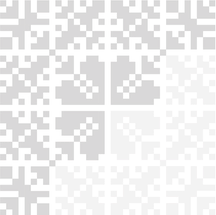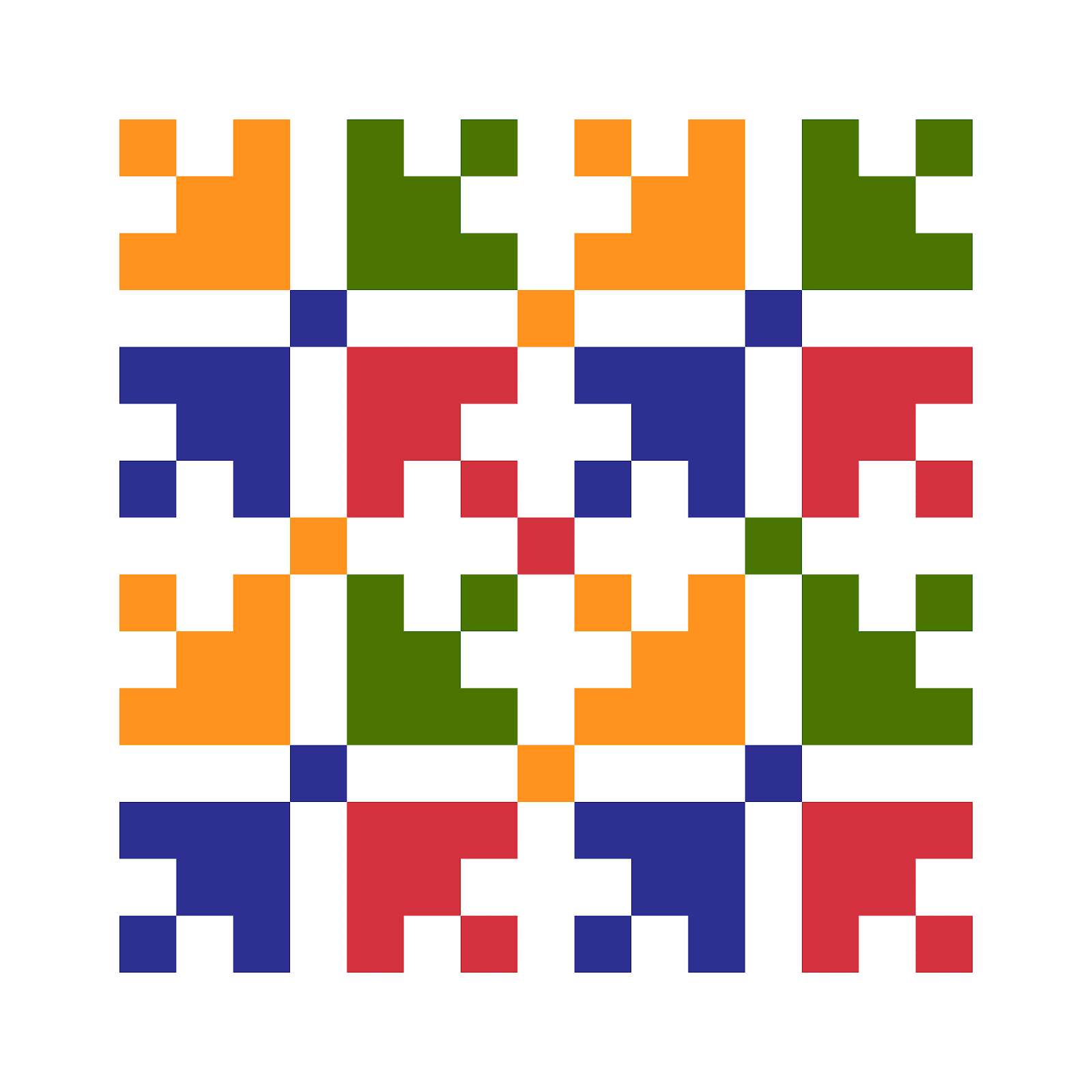C6 M4 L1 Grammar
6 | Modul 4: Gramatika
Odijelo ne čini čovjeka
6 | 4 | Lekcija 1: [NE]Prikladna odjeća
| The Verb SMJETI
The meaning of the verb smjeti is to have permission to do something. The conjugation of the verb is slightly different than its infinitive form.
SINGULAR | PLURAL | ||||
ja | sm-i-jem | mi | sm-i-jemo | ||
ti | sm-i-ješ | vi | sm-i-jete | ||
on/-a/-o | sm-i-je | oni/-e/-a | sm-i-ju | ||
| Verbs used to talk about wearing clothes
When it comes to expressing the idea of wearing something (clothes or footwear), there are several verbs that we can use in Croatian:
nositi = to wear/have something on | |
odjenuti (se) = to put clothes on | |
obući (se) = to put clothes on | |
obuti (se) = to put shoes on |
You are already familiar with the verb nositi. Here is the conjugation pattern one more time.
SINGULAR | PLURAL | ||||
ja | nos-im | mi | nos-imo | ||
ti | nos-iš | vi | nos-ite | ||
on/-a/-o | nos-i | oni/-e/-a | nos-e | ||
Example: Planiram nositi kravatu. I plan to wear a tie. / Često nosim kratke hlače. I often wear shorts.
The remaining verbs related to wearing clothes will all have a certain irregularity in their conjugation. The verb odjenuti belongs to a group of verbs that end in -nuti. In these verbs, the -u- (odjen-u-ti) will be removed.
SINGULAR | PLURAL | ||||
ja | odjen-em | mi | odjen-emo | ||
ti | odjen-eš | vi | odjen-ete | ||
on/-a/-o | odjen-e | oni/-e/-a | odjen-u | ||
Example: Planiram odjenuti košulju i hlače. I plan to put on a shirt and pants.
The verb obući belongs to a group of verbs that end in -ći. As you know, all -ći verbs will have a certain sound change in their conjugation. In this case, due to sound changes and historical development, in the present Tense the -ć- will be replaced with -č-. Only the third person plural (they) will have the -k-.
SINGULAR | PLURAL | ||||
ja | obuč-em | mi | obuč-emo | ||
ti | obuč-eš | vi | obuč-ete | ||
on/-a/-o | obuč-e | oni/-e/-a | obuk-u | ||
Example: Planiram obući odijelo. I plan to wear (put on) a suit.
The verb obuti, after removing the final -ti, ends in a vowel. Thus, it uses the following endings:
SINGULAR | PLURAL | ||||
ja | obuj-em | mi | obuj-emo | ||
ti | obuj-eš | vi | obuj-ete | ||
on/-a/-o | obuj-e | oni/-e/-a | obuj-u | ||
Example: Planiram obuti čizme. I plan to put [my] boots on.
| Reflexive forms odjenuti se and obući se
The verbs odjenuti and obući also occur as reflexives odjenuti se and obući se. These forms will be used when we want to indicate how we are going to get dressed – for example in a casual or elegant way, but without specifically mentioning the article of clothing that is being put on. In other words, they correspond to English ‘to get dressed’ or ‘dress up’.
Obući ću se eleganto. I will dress elegantly.
Odjenut ću se elegantno. I will wear something elegant.
6.4 Zadatak 1. Koji glagol?
Finish the sentences by using the appropriate verb. There are several options at the same time to complete the sentence. Pay attention to the subject in each sentence. Use the appropriate verb -- choose between: nositi, obući, odjenuti, obuti.
Images used in this document are from these sources.








